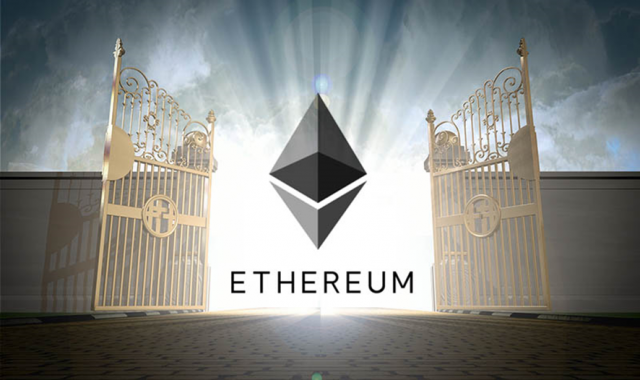
Ethereum (ETH) and OmiseGO (OMG) donate $1 million in Crypto to Refugees

Organizations such as OmiseGO (OMG) and Ethereum (ETH) are taking advantage of the benefits that the blockchain could provide for humanitarian activities and here’s a perfect example how can they do it.
Omise GO (OMG) and Ethereum founder, Vitalik Buterin, have used the decentralized system to skip the hurdles of large bank transfers, and donated $1 million to refugee charity, GiveDirectly.
With a decentralized system, refugees can access the funds when they need them, avoiding the barriers and regulations that traditional banks have in place. That’s the real beauty of using the blockchain to financially help refugees.
With OmiseGO (OMG)’s transfer system, transactions will be able to be completed without any fees.
However, Omise GO(OMG) and Ethereum(ETH) aren’t the only organizations using tech to help refugees with finance in their new country of residence. Startup, Taqanu, has designed an app to help asylum seekers verify themselves and open a bank account. The app compiles together any digital data it has on the user and creates a ‘reputation network’ which asks friends and family to vouch that the person is who they say they are. With the app, they can also upload any documents they receive from refugee camps.
So, what is Omise GO
Built on the Ethereum platform, Omise GO’s vision is to become the No. 1 peer-to-peer cryptocurrency exchange platform. It’s designed to be a financial platform, with the intent of disrupting current financial institutions and methodologies.
Omise GO(OMG) describes itself as “the answer to a fundamental coordination problem among payment processors, gateways and financial institutions”. The goal of the platform is not so much to be a cryptocurrency such as bitcoin or Dogecoin but rather to offer users an alternative to online exchanges.
Omise GO(OMG) is a very young platform, still in its early stages both in terms of development and adoption therefore its future is unpredictable, and a lot remains to be seen. This is both a good thing, as the community has a lot of power over where the platform will go next, and a bad thing, since potential purchasers might be wary of putting money into the coin.
Ethereum
Although it does have its differences, on the surface at least, Ethereum functions as a cryptocurrency much like most others. Ethereum’s token, “Ether,” works in a similar manner to bitcoin. You can buy and sell it, with confirmations for transactions handled over the blockchain. It’s entirely decentralized, with no banks providing the confirmations needed to validate transactions. Instead, “miners” around the world fulfill that role by running powerful computational algorithms. Completing them rewards Ether, much like mining bitcoin rewards bitcoin.
As much as Ethereum and bitcoin do share some similarities though, the two platforms have different goals. Where bitcoin is strictly a digital currency, designed to function as a means of payment or a store of value, Ethereum takes a grander approach. Ethereum(ETH) functions as a platform through which people can use Ether tokens to create and run applications and, more importantly, smart contracts.
What is a smart-contract?
Smart contracts are contracts written in code, which the creator(s) upload to the blockchain. Any time one of those contracts is executed, every node on the network runs it, uploaded to the blockchain; thus, it is stored in the public ledger, theoretically tamper-proof.
Smart contracts are essentially structured as ‘If-then’ statements. When certain conditions are met, the program carries out the terms of the contract.
Smart contracts could free individuals from the constraints of the legal system and big business. However, technology enthusiasts often promise such utopian futures. Just as social media has helped the spread of fake news, Ethereum(ETH) and the automated, decentralized internet it seeks may have unintended consequences, as the DAO hacking indicates.
This is a historical step in the cryptocurrency history as it could be an alternative way to help those who need instead of wasting time (and money) with traditional banking regulations.
Sources: http://ethereum.org ; http://omisego.network